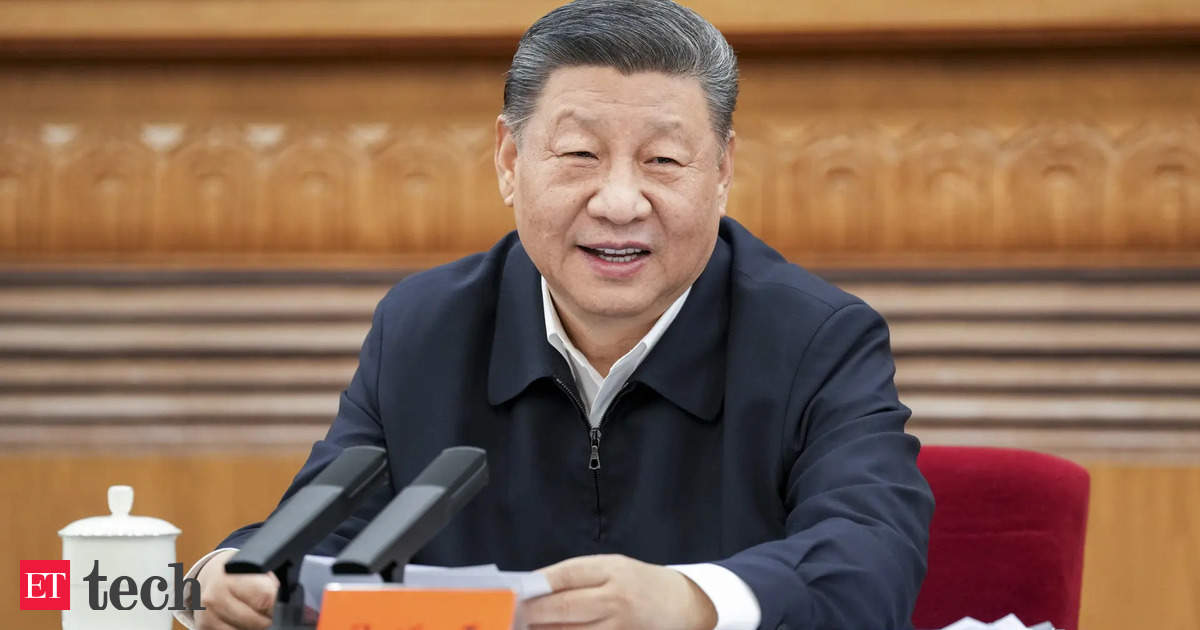That would be a significant change in mindset and money flows as big foreign investors have generally spent months or even years on the sidelines and tend to hold only small, short-term positions.
“(Last year) many investors we spoke to still regarded China as a ‘trading market’ – fast money comes and goes to play the trading bounces, whereas global long-term capital remains unconvinced and little involved,” BofA China equity analysts said in a February 17 note.
“Encouragingly, we think the fundamental investment thesis for China has been improving,” they added, citing longer-term tailwinds such as rising dividends and investment flows from insurers.
In a similar vein, Goldman Sachs upgraded its targets on Chinese stock indexes on Monday, estimating that AI adoption could boost earnings growth and potentially bring in $200 billion of inflows.
Discover the stories of your interest
A day later, Hong Kong’s Hang Seng came within a whisker of three-year highs as investors cheered Xi’s Monday meeting with Alibaba co-founder Jack Ma and others as a sign of detente between private enterprise and the Communist state and that a crackdown on tech giants was over. “Jack Ma’s appearance is highly symbolic, as his company bore the brunt of the previous regulatory campaign,” Macquarie economists Larry Hu and Yuxiao Zhang said in a note.
The Hang Seng has risen 14.5% this year, vying with Germany’s DAX for the title of best performing major market. Buying has been concentrated in tech shares, with the Hang Seng Tech index surging 33% in just a month.
Alibaba’s stock has risen 53% this year, gaining 3% on Tuesday after Ma was shown on TV shaking hands with Xi and up 8% since Reuters first reported the plans for the meeting.
In addition to the Xi’s meeting with China’s tech VIPs, the mood-shift also owes much to the combination of buzz around DeepSeek, which says it has developed a cut-price AI model and relief that China has not been hit with big US sanctions.
Under the spotlight are the so-called “Terrific Ten” Chinese tech stocks as an alternative to the US Magnificent Seven.
“China’s Terrific Ten can only be described as crushing the Magnificent 7,” said Jeff Weniger, head of equity strategy at WisdomTree Asset Management, on X.
“This kicked off a half year ago, but so few have noticed.”
The Ten are e-commerce heavyweights Alibaba and JD.com , automakers Geely and BYD, tech conglomerate Xiaomi, online giants Tencent and Netease, search-engine operator Baidu, food delivery firm Meituan and chipmaker SMIC.
To be sure, brokers warn much of the rally has been driven by hedge fund and retail investor money, which is prone to leaving quickly. But the fact that positioning is so light has many anticipating that there is fuel for further gains.
“While it is hard to predict the duration of this AI-driven rally in China internet stocks, we firmly believe that this trend will last more than a month,” J.P. Morgan analysts led by Alex Yao wrote in a February 17 note.
“The AI boom in the US stock market has been steadily advancing for two years, during which the average stock price of the ‘Mag 7’ has risen by 256%.”
The Magnificent Seven consist of Alphabet, Amazon , Apple, Meta, Microsoft, Nvidia and Tesla.



